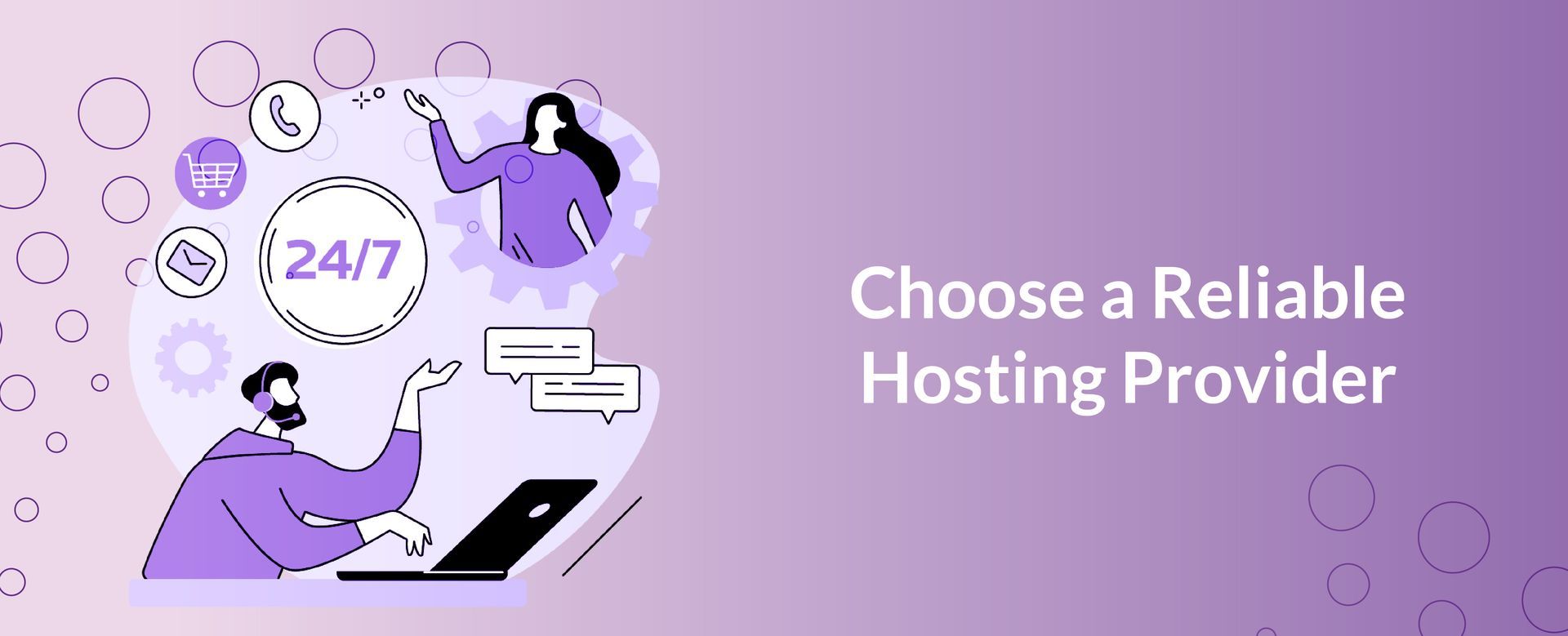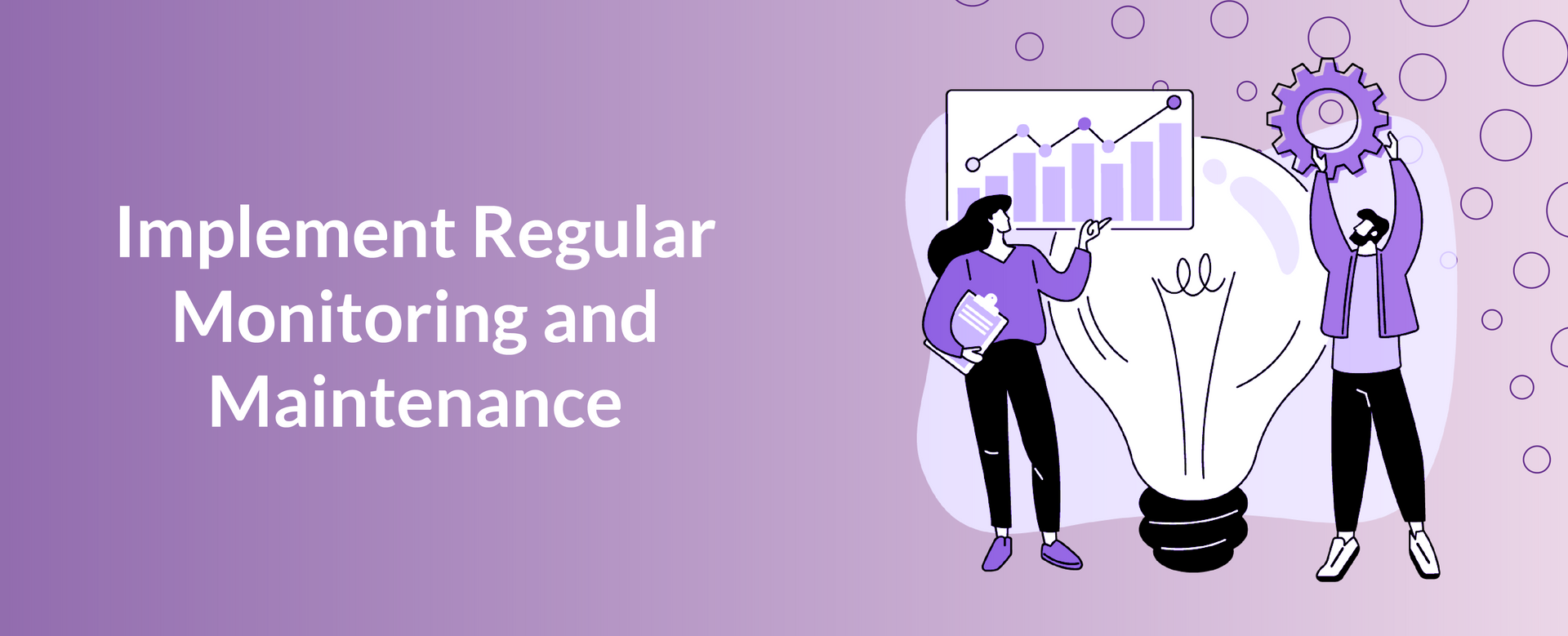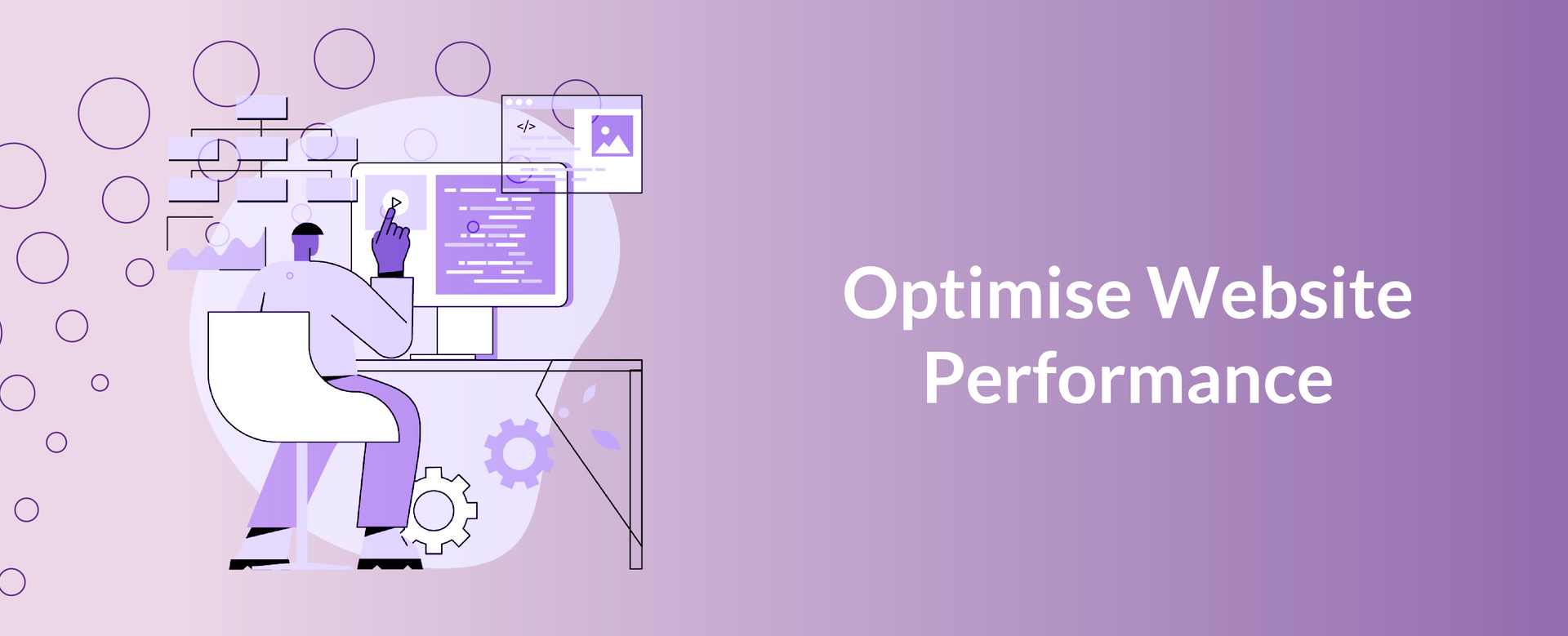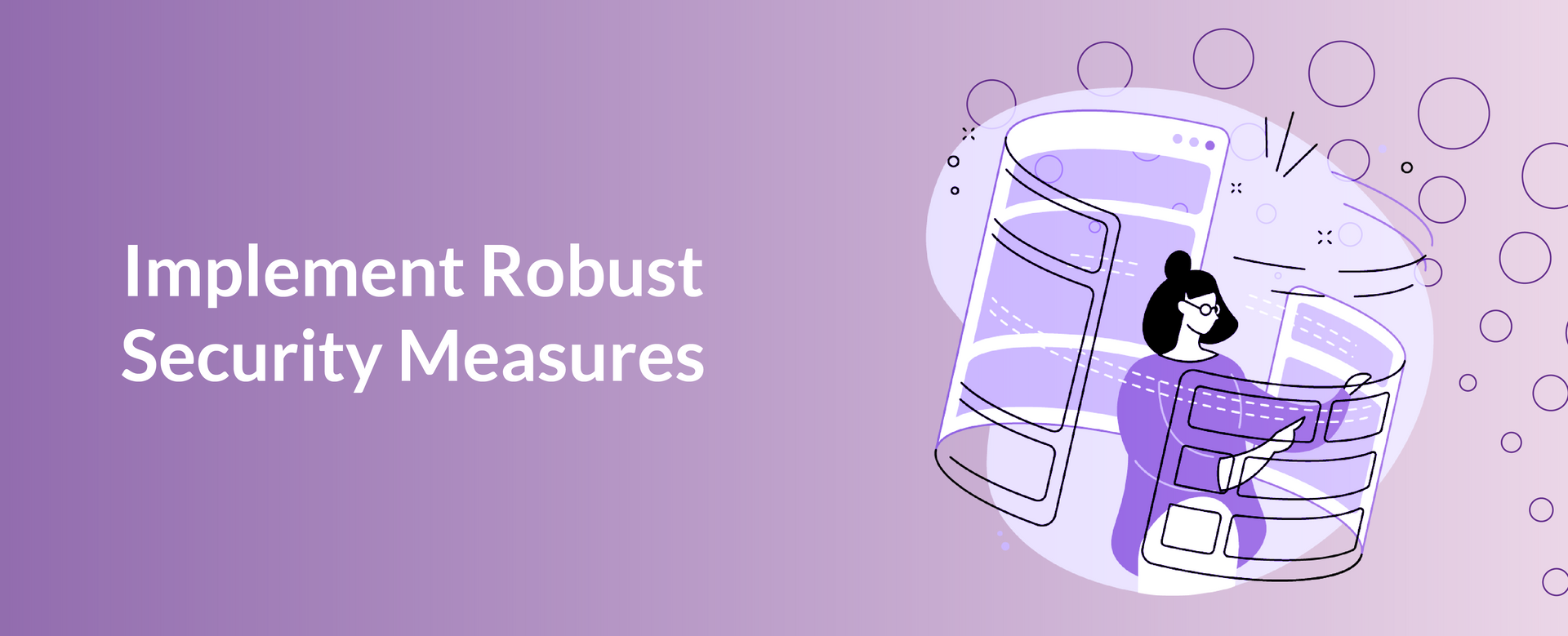How to Ensure Uptime and Reliability on Your Small Business Website
For Small Businesses, a reliable and consistently available Website is crucial. It not only reflects professionalism but also ensures that potential Customers can access your services and information at any time.
Downtime can lead to lost sales, reduced trust, and a negative impact on your brand. Here are some strategies to ensure uptime and reliability for your Small Business Website.

Choose a Reliable Hosting Provider
Quality Hosting: Opt for a reputable hosting provider known for its reliability and strong uptime records. Look for providers that offer at least a 99.9% uptime guarantee.
Scalable Hosting Plans:
Choose a hosting plan that can scale with your business growth. Cloud hosting can be particularly effective as it offers flexibility and scalability to handle increased traffic.
Data Centers:
Ensure your hosting provider has multiple data centres. This redundancy
helps keep your Website online even if one data centre experiences issues.
Implement Regular Monitoring and Maintenance
Regular Updates: Keep your Website’s software, including the content management system (CMS), plugins, and themes, up to date. Regular updates
fix bugs, patch security vulnerabilities, and improve performance.
Routine Backups:
Schedule automatic backups of your Website’s data. Regular backups
ensure that you can quickly restore your Site in case of a crash or data loss.

Implement Regular Monitoring and Maintenance
Regular Updates: Keep your Website’s software, including the content management system (CMS), plugins, and themes, up to date. Regular updates fix bugs, patch security vulnerabilities, and improve performance.
Routine Backups:
Schedule automatic backups of your Website’s data. Regular backups
ensure that you can quickly restore your Site in case of a crash or data loss.

Optimise Website Performance
Content Delivery Network (CDN): A CDN distributes your Website's content across multiple servers worldwide, reducing load times and improving reliability by balancing the load.
Image Optimisation:
Compress and optimise images to reduce load times. Large, unoptimized images can slow down your Site and cause higher bounce rates.

Implement Robust Security Measures
Firewalls: Use web application firewalls (WAF) to protect your Site from malicious traffic and attacks such as SQL injections and cross-site scripting (XSS).
SSL Certificates: Ensure your Site uses SSL/TLS encryption to
protect data transmitted between your Website and its users. This not only secures your Site but also boosts your search engine ranking.

Plan for Traffic Surges
Load Balancing: Implement load balancing to distribute traffic across multiple servers. This prevents any single server from becoming overwhelmed, ensuring consistent performance even during traffic spikes.
Scalable Resources:
Ensure your hosting plan
allows for scaling resources such as CPU, RAM, and bandwidth on-demand to handle sudden increases in traffic.
Ensuring uptime and reliability for your Small Business Website involves a combination of choosing the right hosting provider, implementing robust monitoring and maintenance practices, optimising performance, enhancing security, planning for traffic surges, and providing excellent Customer support.
By taking these steps, you can minimise downtime, enhance user experience, and build trust with your Customers. A reliable Website is a critical asset for your business, helping you maintain a competitive edge in today’s digital landscape.










